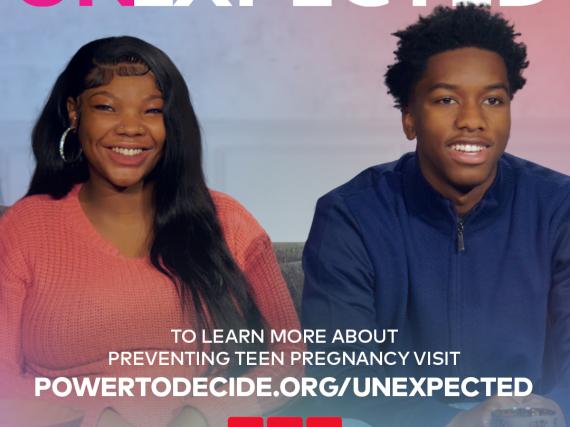December 2019: Power Updates Edition
There are plenty of articles, publications, and stories published every month. In an effort to help you distinguish fact from fiction, save time in your already busy day, and share news you may not have otherwise seen, here are seven stories from the last month we thought you might find interesting:
Birth Control
The risk of an unintended pregnancy increases if people choose not to use birth control. However, not much is known about the relationship between a persona’s perceived susceptibility to pregnancy and their contraceptive use. This study looked at that relationship in a group of veterans and found that those who believed they were not susceptible to pregnancy were less likely to have used contraception at last sex compared to those who believed they were highly susceptible.
Pregnancy Preferences and Contraceptive Use among US Women
This study used a new measure, the Desire to Avoid Pregnancy scale, to quantify the relationship between people’s pregnancy preferences and their contraceptive use. Findings show those with strong preferences against pregnancy used more effective methods, whereas those without strong preferences against pregnancy do not use contraception. Overall pregnancy preferences were associated with consistent use of contraception.
The Affordable Care Act Contraception Mandate & Unintended Pregnancy in Women of Reproductive Age
Looking at data collected before the ACA’s contraceptive mandate (2008-2010) and data collected post-mandate (2013-2015), this study found a decrease in unintended pregnancy. Though this decrease could be due to chance, the authors postulate that increased access and affordability to all methods of birth control contributed to the decline.
Abortion
Abortion Surveillance — United States, 2016
This report analyzes data on all legal abortions obtained in the United States in 2016. Among other findings it details that 623,471 abortions were performed, women age 20-29 accounted for the majority of abortions, and that 59% of those who had an abortion had had one or more previous live births.
Pregnancy and Birth
The study explored the perceived challenges faced by primary care providers when implementing pregnancy intention screening into routine care. It concluded that sharing best practices with providers on implementation and waiting room tools would help to increase pregnancy intention screening rates in the primary care setting.
Sexual and Reproductive Health
This paper details the results of a survey sent to all opioid treatment programs in the state of North Carolina to assess the feasibility of integrating reproductive and sexual health services for their reproductive-age women patients. The results show 84% of respondents believe female patients could benefit from receiving these services even though only half of the programs currently provide contraception or education on safe sex and STI prevention.
Talking About Teen Talk: Young People’s Experiences in a Sexuality Education Program
Teen Talk is a clinic-based sexuality education program that provides medically accurate information about all methods of birth control, including abstinence. Researchers found that the method by which a young person found their way to Teen Talk influenced their overall perception of the program. While individual’s experiences and perception of the program’s impact varied from positive to negative. Overall, the program was regarded positively and “as a site of ‘actual learning’.”

